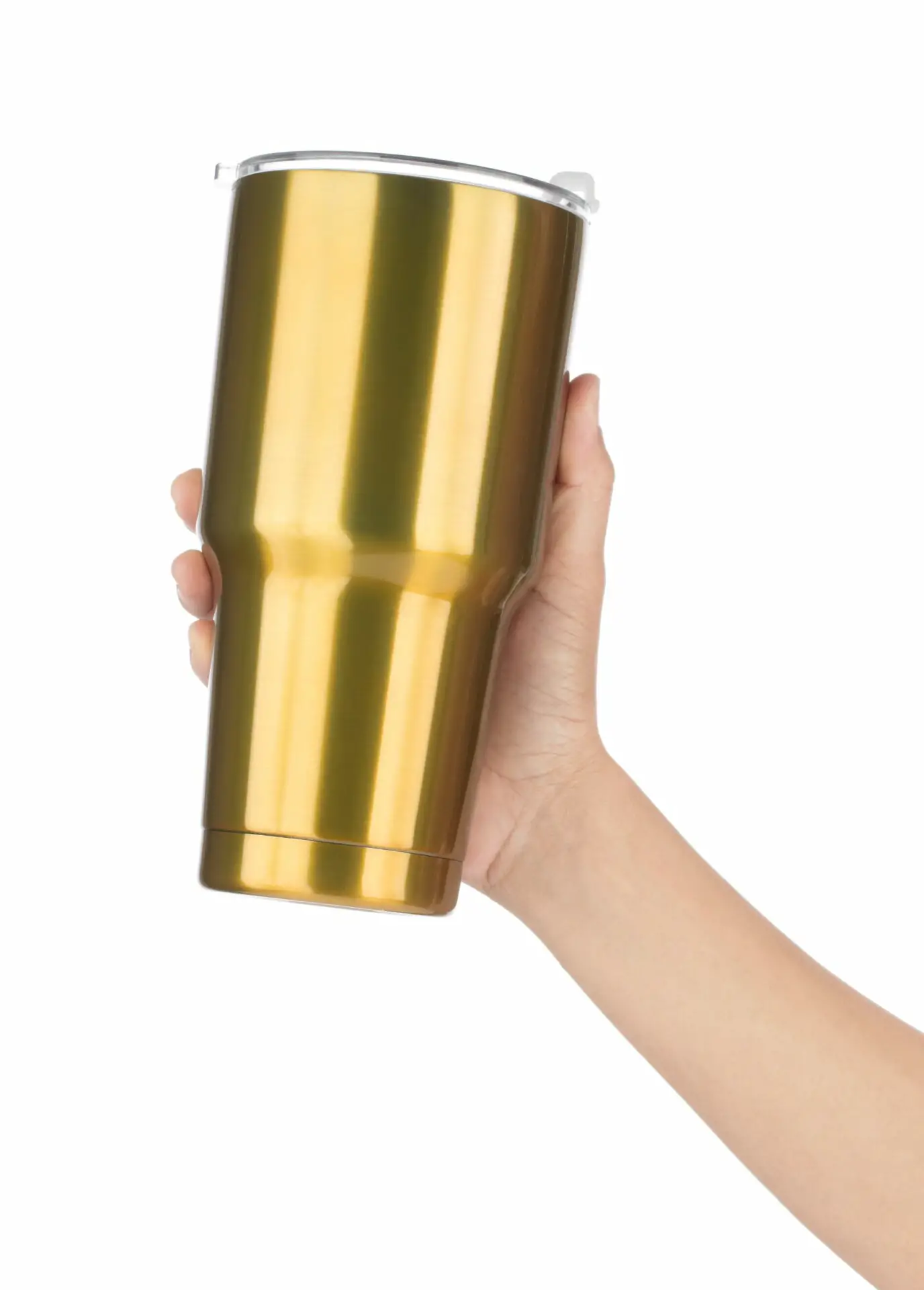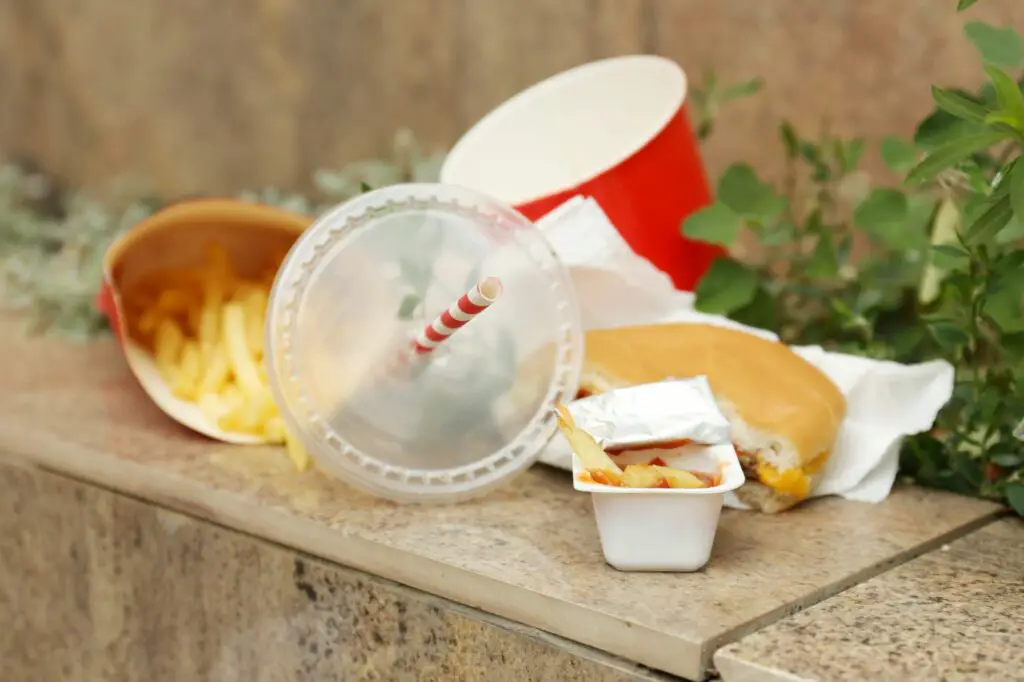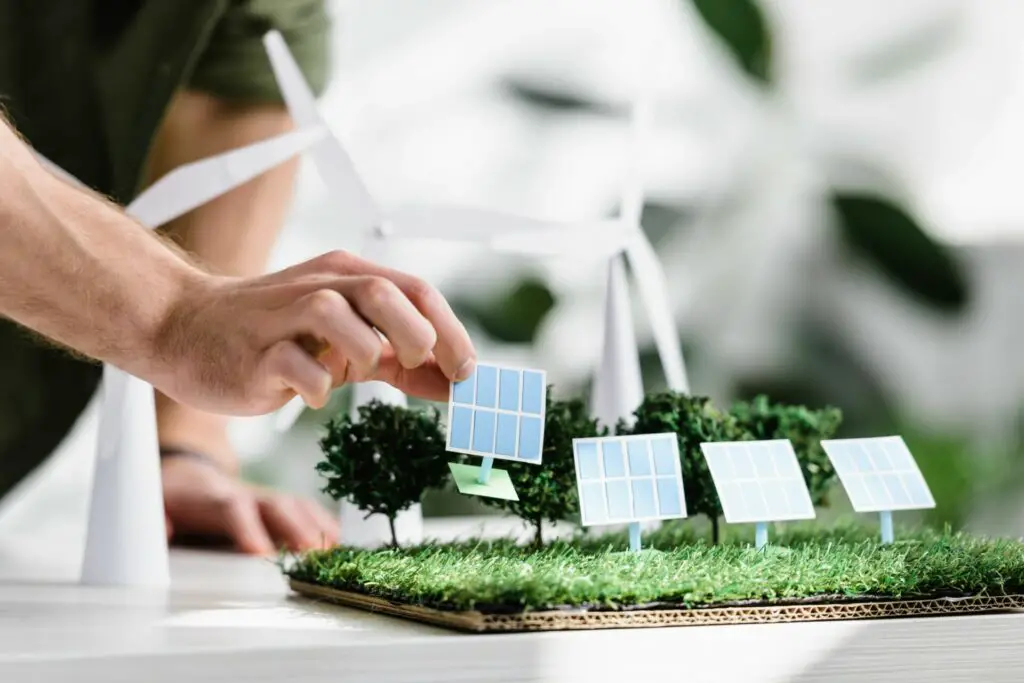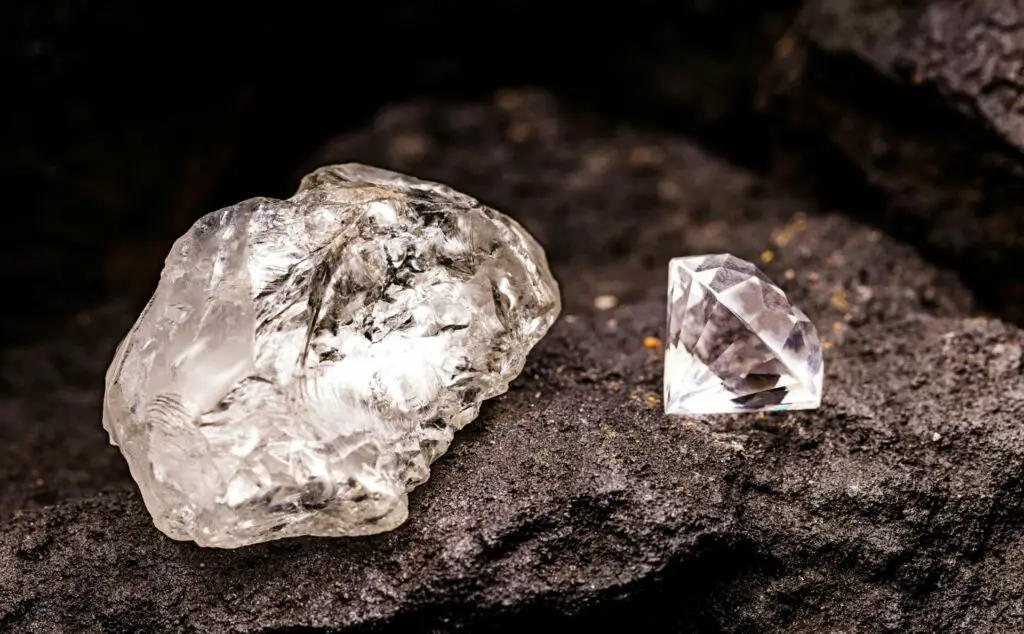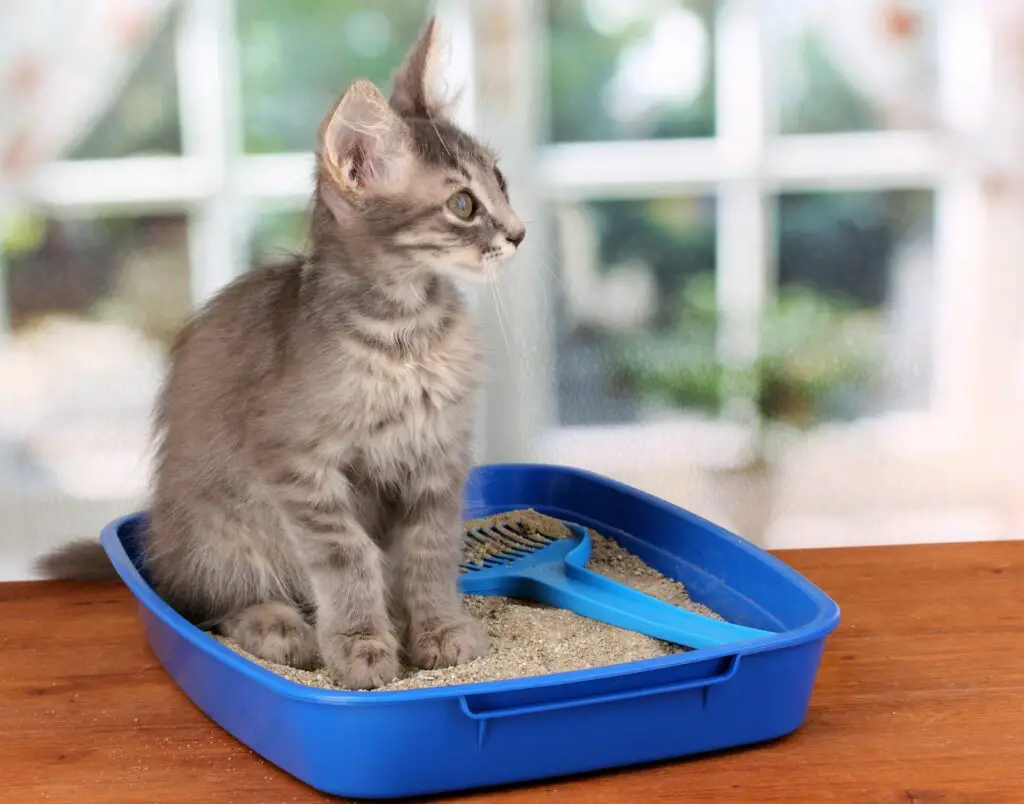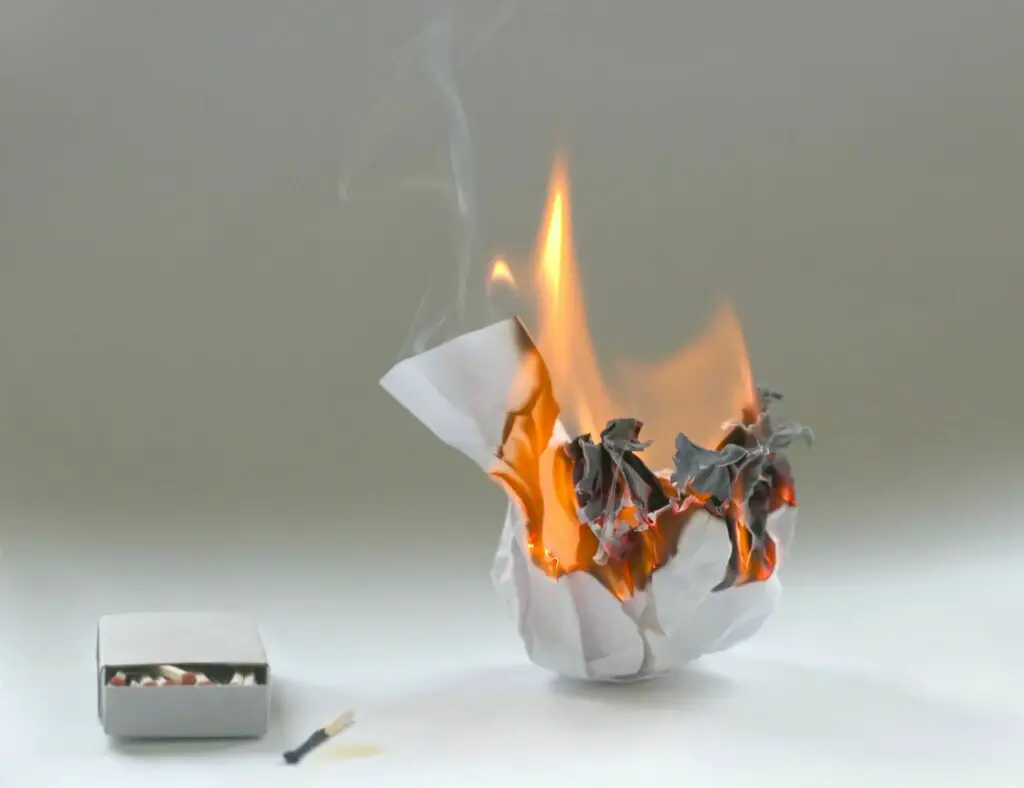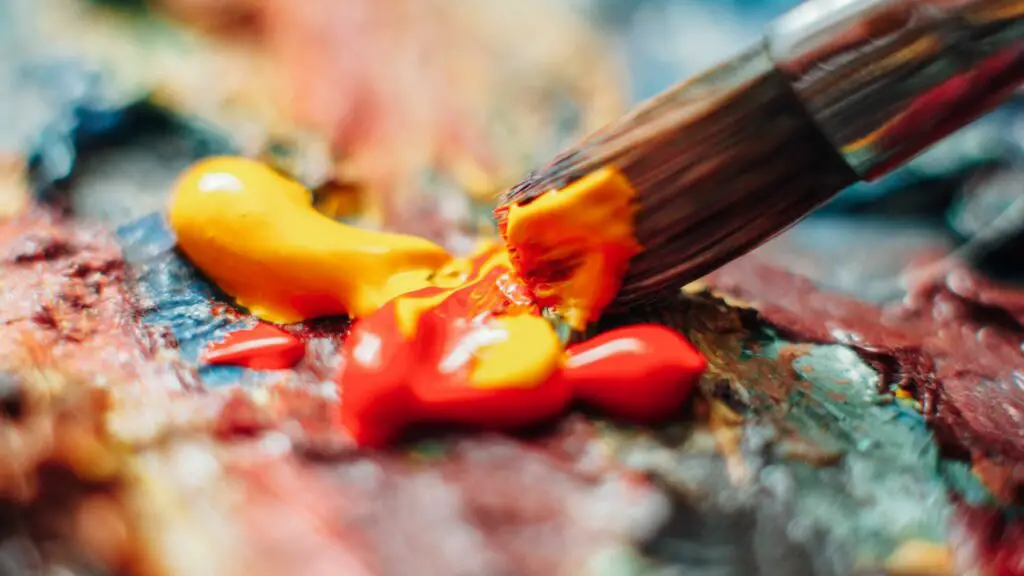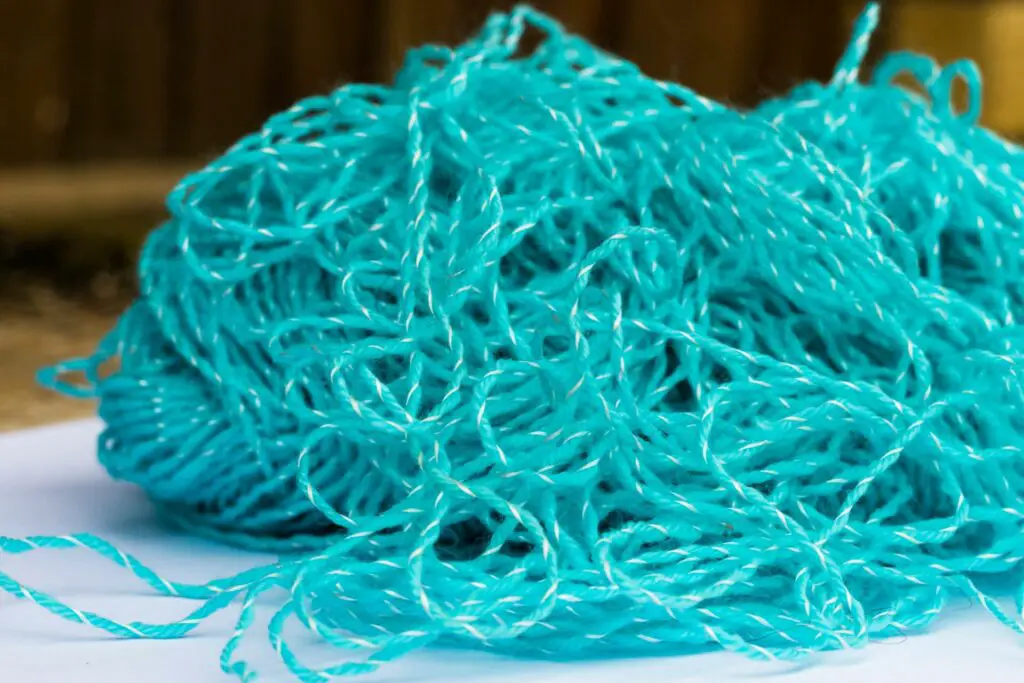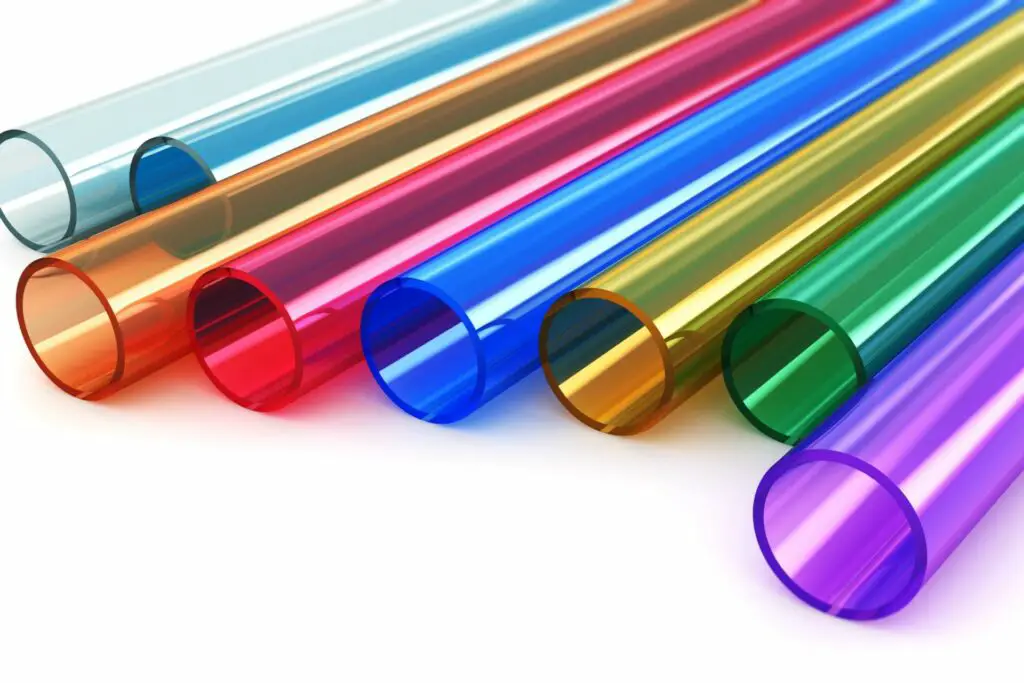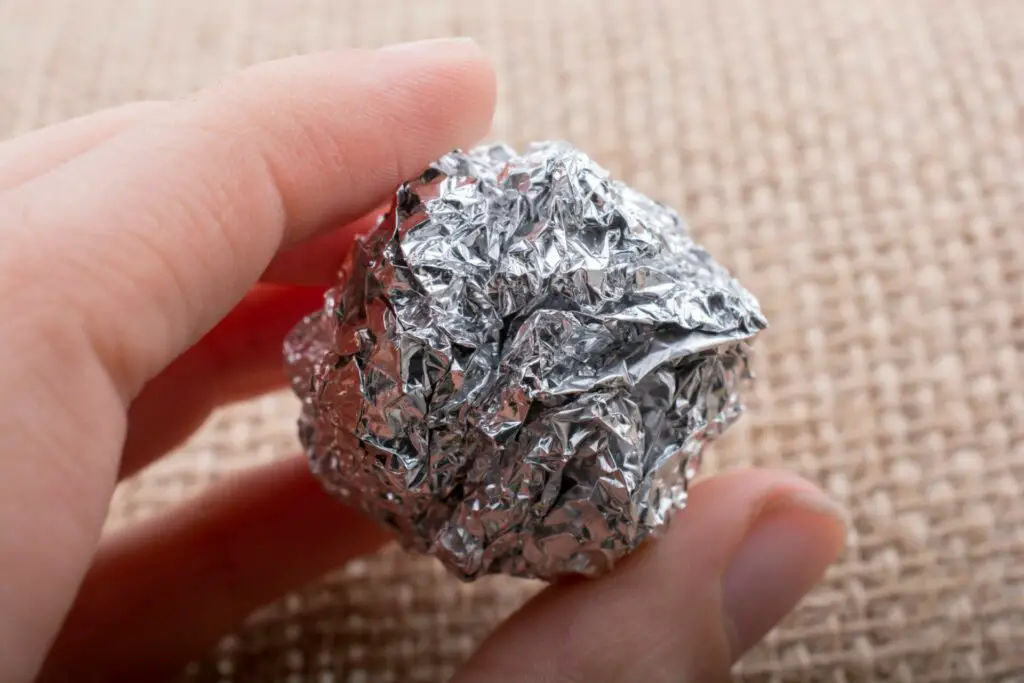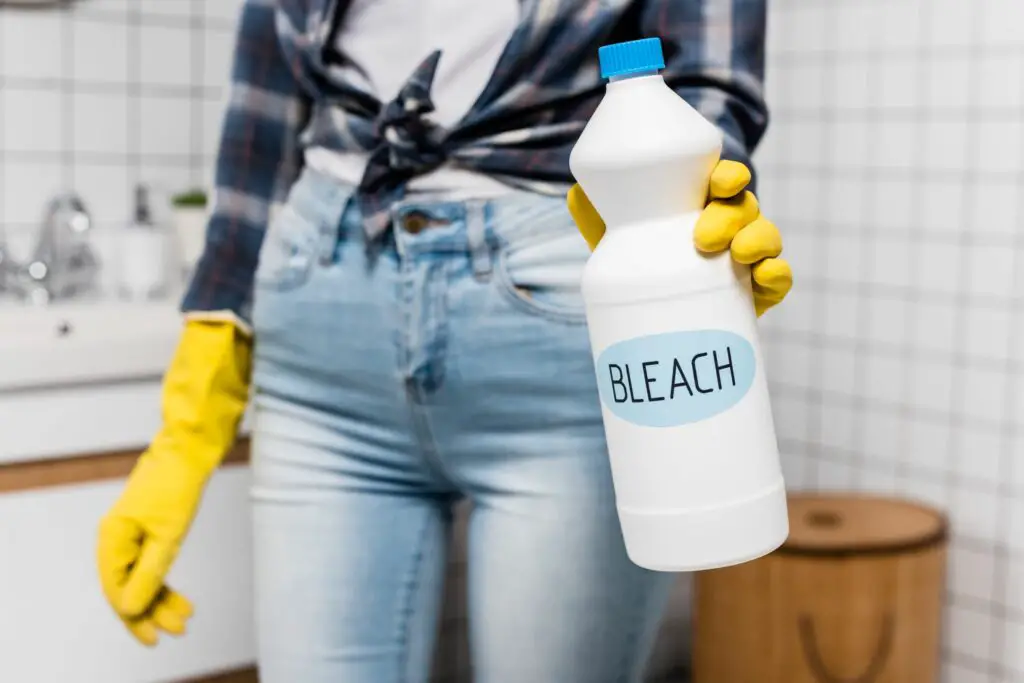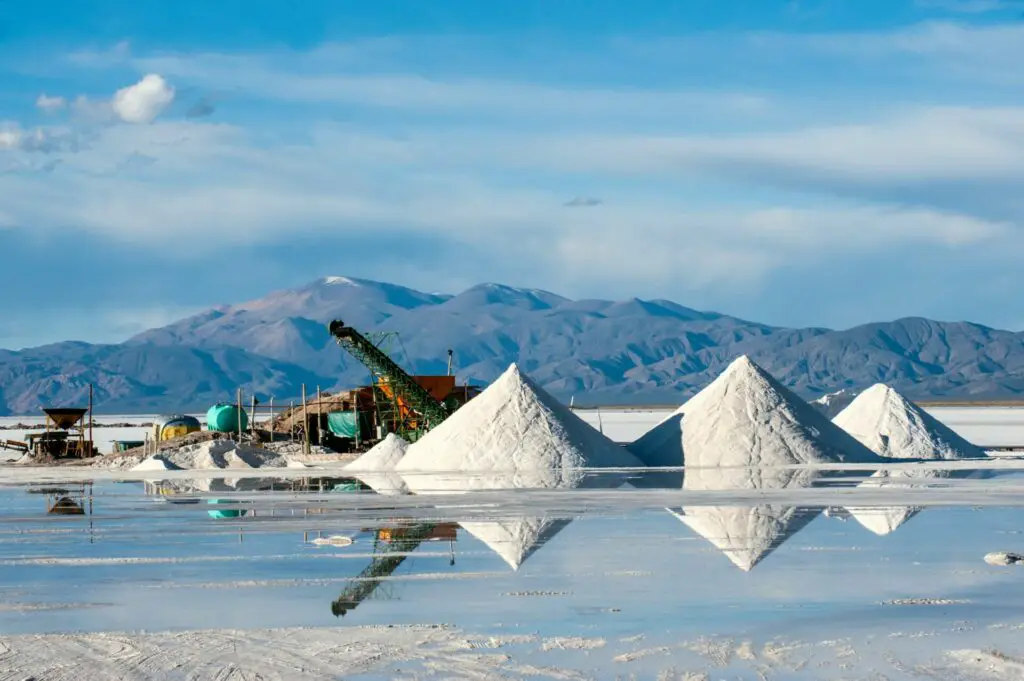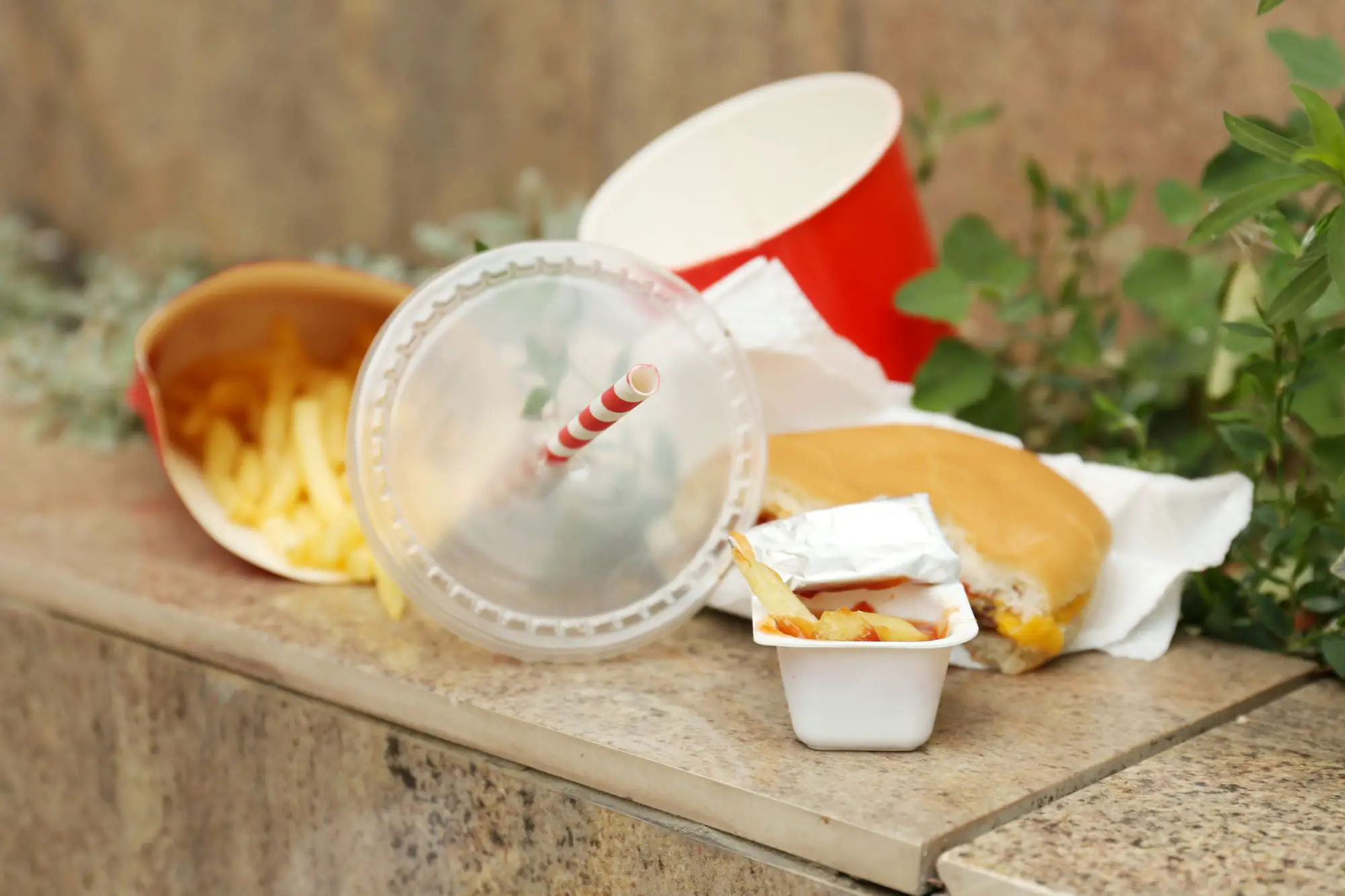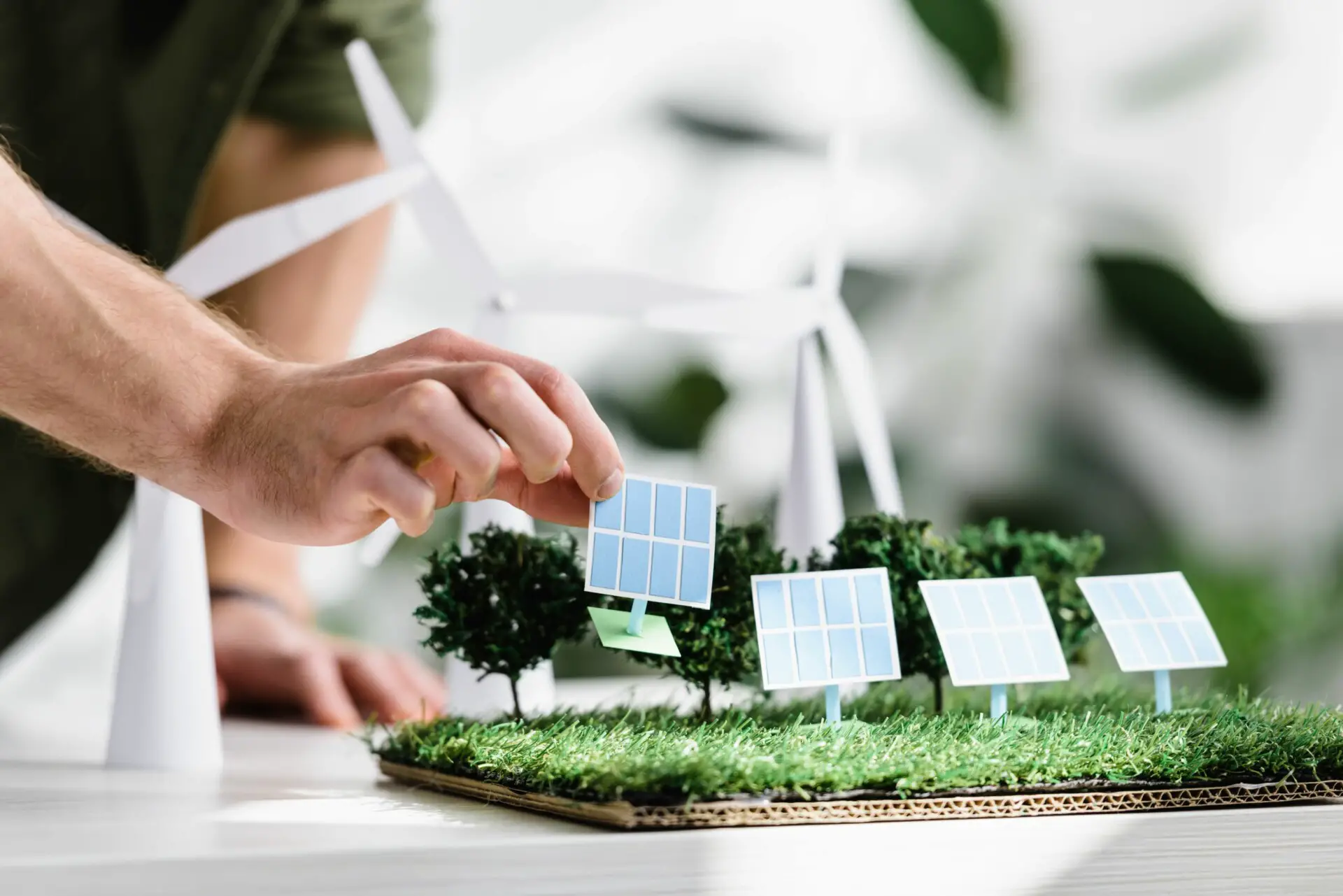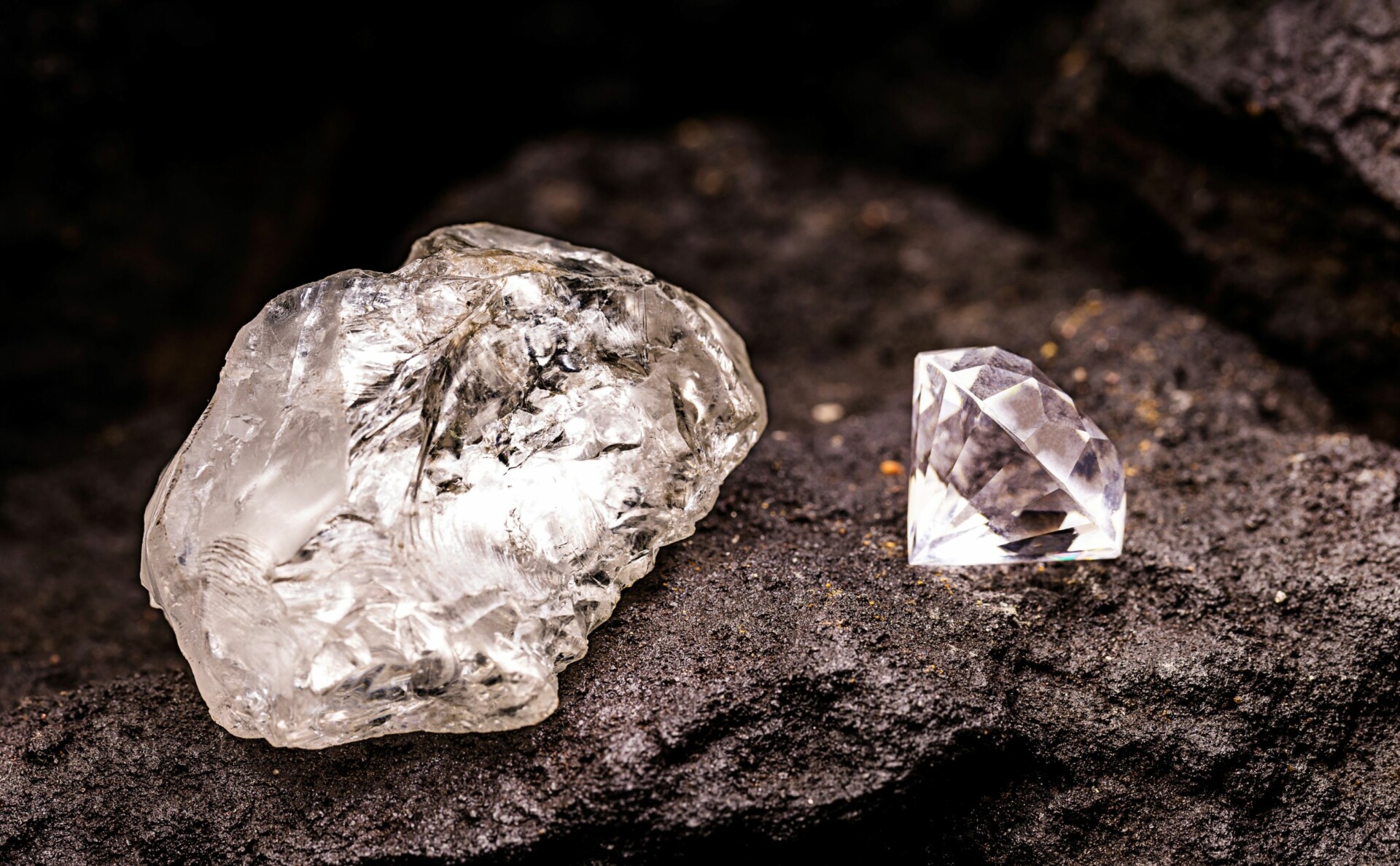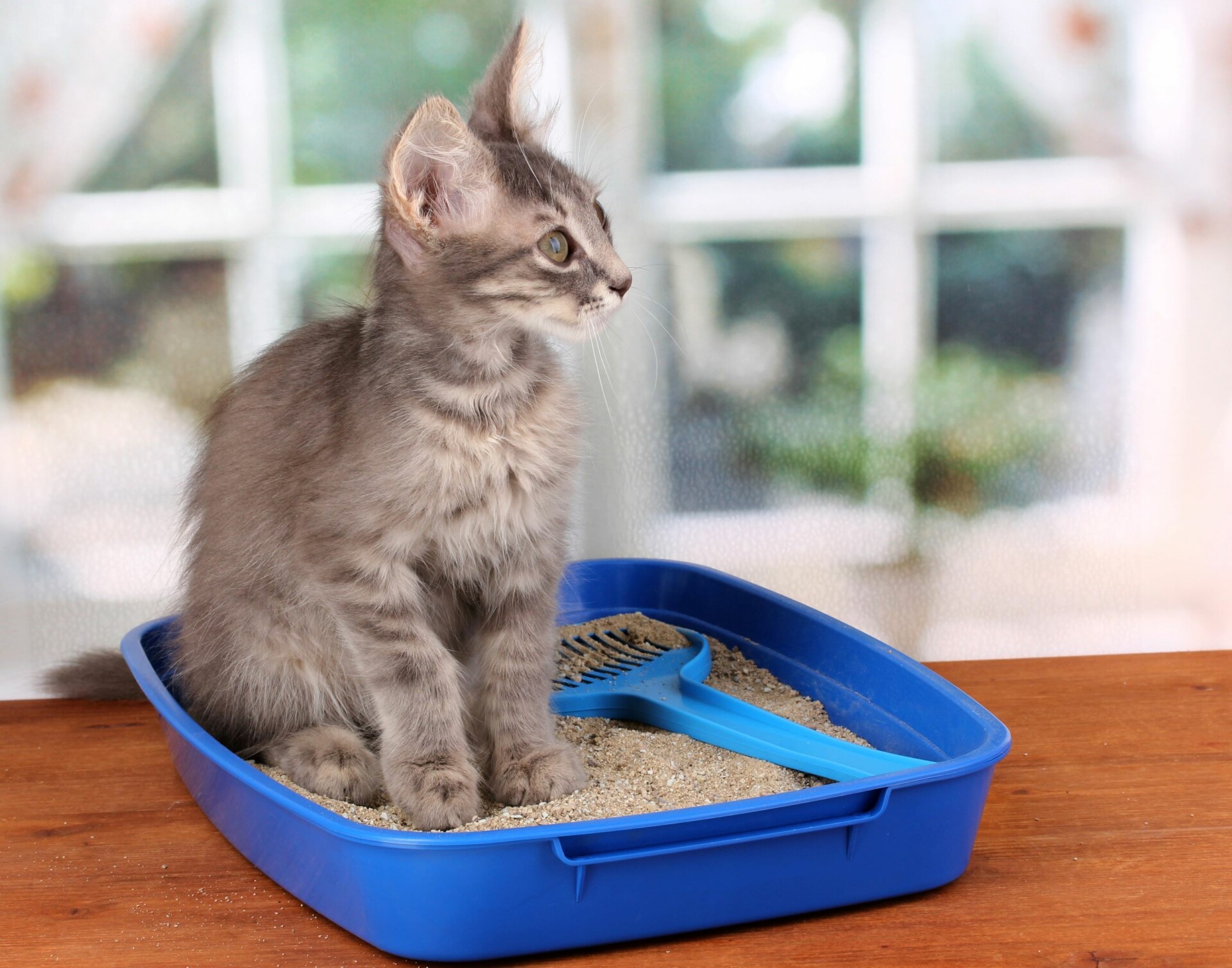As we try to combat plastic pollution, many people are swapping out single-use coffee cups and water bottles for reusable cups and tumblers.
Still, many of these products have a greater environmental impact than consumers might expect.
Yeti is arguably best known for its high-quality reusable cups and tumblers.
Here’s everything you need to know about how eco-friendly Yeti cups are.
1. What Are Yeti Cups Made Of?
Yeti cups are made from 18/8 stainless steel with double-wall vacuum insulation.
The number refers to how much chromium and nickel are present, so in this instance, 18% and 8%, respectively.
Some of their cups have black plastic caps made from nylon, polypropylene, or Eastman’s Tritan material, which is a type of plastic.
2. Are Yeti Cups Made Sustainably?
Yeti claims to manufacture its products with sustainability in mind.
According to their website, since changing their product packaging in 2018, they have saved more than 146 tons of plastic and 209 tons of paper.
They also claim to have switched from virgin plastic to recycled plastic, which reduced their plastic carbon footprint by 50% starting in 2021.
With that said, steel is not the most sustainable material. It is sourced via mining and is non-renewable.
Although there have been moves to reduce pollution going forward, the steel sector was responsible for more than 3.3 billion tons of greenhouse gas emissions in 2021.
Mining is harmful to the environment for several reasons.
Mining can alter the landscape due to the construction of the mine site and deforestation. Mining can also increase soil erosion and cause rock and soil instability.
These changes can disrupt the existing ecosystem. Pollution can spread through the environment via water and air from the mine site.
Plus, a lot of energy is required to convert metal into usable products like metal cups.
Most of the electricity grid in the US still relies on non-renewable sources like natural gas and coal, which is also unsustainable.
Not all Yeti cups are plastic free either. Although metal can typically be recycled indefinitely, plastic has a limited amount of uses before the quality is too poor.
3. Are Yeti Cups Eco-Friendly?
Since Yeti cups are reusable, they can help reduce single-use waste, which is eco-friendly.
Yeti cups have a pretty long lifespan, so you should not need to replace them shortly after purchasing.
Single-use water bottles and cups cause pollution when littered and can even end up in waterways.
Plastic waste can contribute to coral bleaching and disease. This is concerning since coral reefs provide food and habitats for marine life and can even be used to develop medicines.
Coral reefs also shield coastlines from erosion and storm damage.
Not to mention, plastic can break into microplastics that smaller fish consume. Larger marine life can easily mistake plastic bottles for food.
Single-use waste is harmful to aquatic life as they can struggle to consume real food because their stomach is full of plastic.
These microplastics can also enter the human food chain, posing a health concern.
Microplastics may result in inflammation and negatively impact the immune system.
As mentioned earlier, the brand also seems committed to reducing the environmental impact of its business.
However, metal and plastic are unsustainable since they are non-renewable.
Approximately 10% of global greenhouse gas emissions are from metal production, with around 4.5% coming from plastic production.
While using recycled plastic is a step in the right direction, recycling is not carbon neutral.
Although it saves on resources and emissions, it still requires energy – much of which comes from fossil fuels.
4. Are Yeti Cups Toxic?
Yeti cups are generally considered non-toxic. Yeti cups are BPA-free.
There are concerns that exposure to BPA from cups, bottles, and other materials can increase the risk of developing some kinds of cancer, miscarriage, and pose more health risks.
Polypropylene is regarded as safe for food packaging.
Research on nylon sausage casings revealed that chemicals could migrate through the material, but it is unclear if drinking from a cup with a nylon bottle cap would also see chemical migration.
Although research revealed stainless steel cookware could leach nickel and chromium into foods, it is difficult to tell if stainless steel cups would have the same effect.
The study found the longer the cooking process, the more leaching occurred.
Exposure to nickel and chromium can cause skin issues like eczema.
However, these studies were about cooking tomato sauce on stainless steel for long periods.
It is unclear if drinking hot coffee or tea from a stainless steel cup would also yield similar results.
5. Are Yeti Cups Biodegradable?
Yeti cups are not biodegradable since metal and plastic are not biodegradable.
6. Are Yeti Cups Compostable?
Yeti cups are not compostable either since plastic and metal do not break down into natural, non-toxic components.
7. Are Yeti Cups Recyclable?
Yeti cups are technically recyclable, but it is not straightforward.
Stainless steel is a recyclable material, but most local recycling facilities do not accept these kinds of cups and bottles as they do not have the infrastructure to process them.
Nylon is also a material that is technically recyclable, but it is difficult to do so.
It is also difficult to recycle polypropylene, but there have been moves to make it more accessible.
Tritan is a fairly new material, so there is little infrastructure to process it.
However, it is made from 50% recycled materials, and the goal is to increase the number of times plastic can be recycled, so it is promising.
8. Are Yeti Cups Sustainable?
Yeti cups are somewhat sustainable because they’re a good alternative to single-use plastic bottles, and the company has already taken steps toward operating more sustainably.
Since the cups cannot go in home recycling bins, some customers will not have access to or will not bring their cups to a metal recycling facility, meaning they end up in general waste.
While they definitely do help reduce single-use cups, the materials used to manufacture Yeti cups are not the greenest choices.
All plastic and metal will eventually run out, and they are big polluters.
Plus, recycled plastic cannot be reused indefinitely, so it will eventually be incinerated or end up in a landfill.
9. How to Dispose of Yeti Cups?
If the Yeti cup is in good condition, you can wash it and donate it to a charity shop – but be sure to check in advance if the shops in your area accept items like this.
Otherwise, the cup can be sent to a metal recycling facility.
The plastic caps are generally not suitable for your home recycling bin since most are black plastic.
The issue with black plastic is the color makes it difficult for the sorting systems at the recycling system to spot it, so it can be left unsorted and unprocessed.
So, the caps are likely to go in your general waste bin.
Some regions have drop-off plastic recycling facilities that may be able to process black plastic caps, but these are not particularly common.
3 Eco-Friendly Alternatives to Yeti Cups
Bamboo Cups
Bamboo is the fastest growing crop in the world, so not only is it renewable, but it is much easier to replenish than wooden cups as trees grow much slower.
Recycled Cups
Recycling saves energy and resources, so cups made fully from recycled materials, like metal, plastic, and even single-use paper cups, are a greener option.
Rice Husk Cups
Although somewhat uncommon, cups made from rice husk fiber are renewable.
You Might Also Like…
- Is Fast Food Bad for the Environment? (& What You Can Do)
- Is Fabric Softener Bad for the Environment? (+5 Eco-Friendly Options)
- Is Fuel Dumping Bad for the Environment? (& How Often It Happens)
- Is Electricity Generation Bad for the Environment? (What You Should Know)
- Is Dry Cleaning Bad for the Environment? (4 Surprising Facts)
- Is Diamond Mining Bad for the Environment? (Important Facts)
- Is DEET Bad for the Environment? 4 Effects (You Should Know)
- Is Cat Litter Bad for the Environment? (5 Common Questions)
- Is Burning Cardboard Bad for the Environment? (6 Facts)
- Is Burning Paper Bad for the Environment? (6 Surprising Facts)
- Is Burning Leaves Bad for the Environment? (7 Quick Facts)
- 4 Natural Cleaners for Quartz Countertops
- 6 Eco-Friendly Acrylic Paint Brands (For Sustainable Artists)
- 5 Eco-friendly Alternatives to Acrylic Paint (& How to Make Them)
- Is Acrylic Paint Bad for the Environment? (7 Quick Facts)
- Is Acrylic Yarn Bad for the Environment? 8 Crucial Facts
- Is Acrylic Bad for the Environment? (8 Quick Facts)
- Is Aluminum Foil Bad for the Environment? 7 Quick Facts
- Is Bleach Bad for the Environment? 6 Crucial Facts
- Is Lithium Mining Bad for the Environment? 6 Crucial Facts

